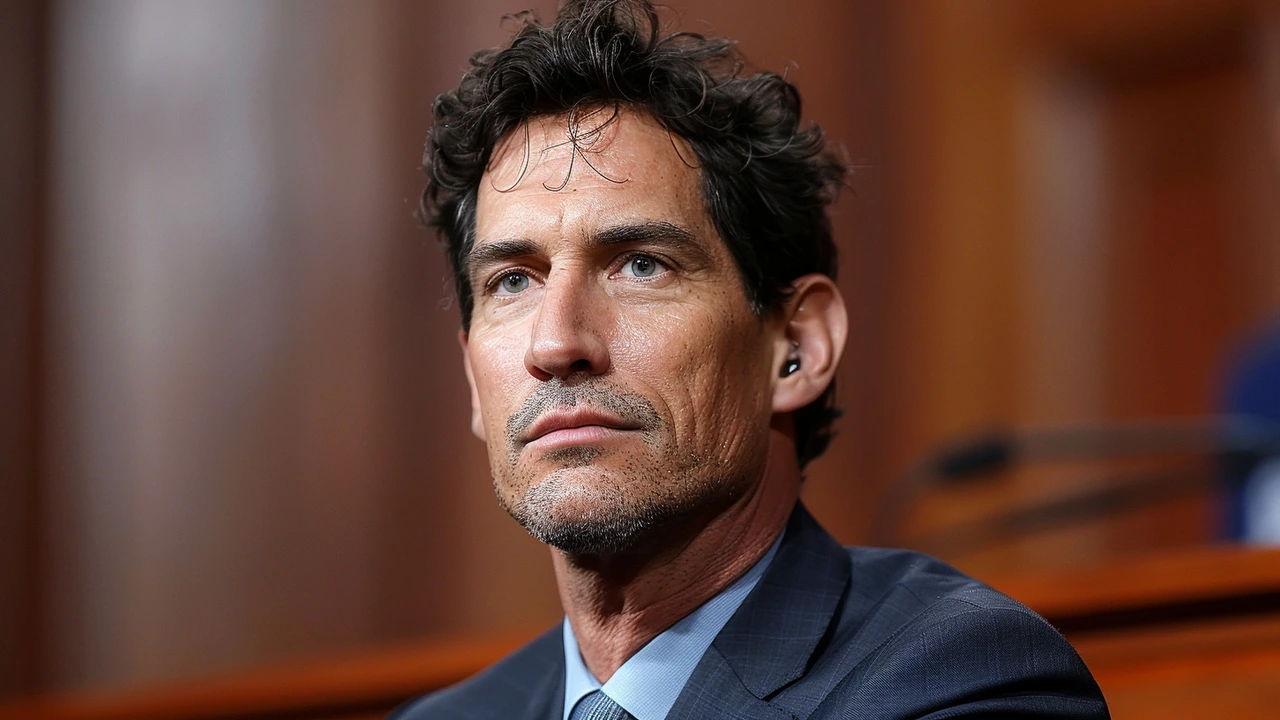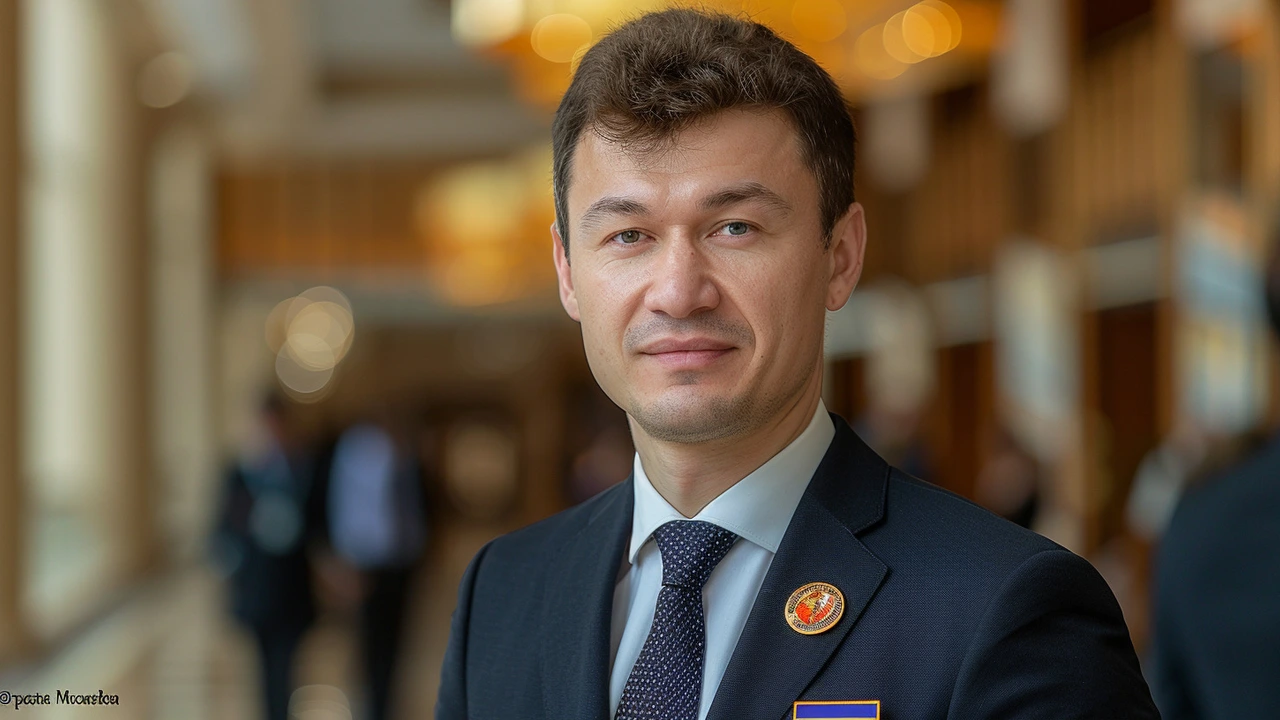Impeached Judge John Hlophe Appointed as Chief Whip for MK Party in Parliament
 Jun, 21 2024
Jun, 21 2024
Impeached Judge John Hlophe Appointed as Chief Whip for MK Party in Parliament
In a surprising yet calculated political move, the MK Party, which was founded by former South African President Jacob Zuma, has appointed the once-controversial former Western Cape judge, John Hlophe, as the new chief whip in the National Assembly. Despite the absence of a formal public announcement, this appointment has been confirmed through internal party documentation.

The Political Landscape
John Hlophe’s career has been anything but conventional. Having faced impeachment following allegations of gross misconduct, which included attempts to unduly influence the Constitutional Court’s decision on assets related to French arms manufacturer Thint and Jacob Zuma, the move to bring him back into a significant political role has been met with mixed reactions. President Cyril Ramaphosa had suspended him in December 2022 after a parliamentary vote backed his impeachment. This background makes his new role particularly striking.
An Unexpected Appointment
The MK Party's decision to appoint Hlophe was divulged through an internal document signed by the party's secretary-general, Arthur Zwane. This document reveals that the party aims to centralize key responsibilities and financial management to ensure stability and uniformity in their operations. This form of consolidation comes as the MK Party works to build its provincial and regional structures in anticipation of future local government elections.
The Road to Redemption
Hlophe's reinstatement as chief whip in Parliament signifies an effort by the MK Party to leverage his experience and likely influence. Whether this, however, translates positively for the party remains a topic of broad discussion. Many see this as Jacob Zuma's strategy to tighten his political network by reinstating loyalists to hold key positions.

Discontent and Boycotts
Interestingly, the MK Party won an impressive 58 seats in the National Assembly during the May 29 elections. Yet, the party members chose not to participate in the first parliamentary session on June 14, where they were supposed to be sworn in. This strategic move was part of broader efforts by the party to consolidate power internally and solidify its foundations before actively engaging in the parliamentary processes.
Internal Unification Strategies
The MK Party’s internal memo delineates clearly the reasons behind centralizing key responsibilities, with an emphasis on ensuring effective resource management and uniformity in operations. This, according to the party leadership, will help fortify the party structure at both the provincial and regional levels, lending to a more consolidated approach to governance and preparing the party for local government elections.
John Hlophe’s appointment is seen as pivotal to these efforts. His legal background and experience, despite the controversies that shadow his career, are considered valuable assets in the party’s immediate objectives of achieving greater operational efficiency and political influence.

The Bigger Picture
As the MK Party continues to navigate the complex political landscape of South Africa, their decision to bring John Hlophe into a prominent role highlights their broader strategy of recalibrating their operations and strengthening their structural framework. This appointment serves multiple purposes, chiefly integrating experienced individuals capable of guiding the party through turbulent political waters while simultaneously signaling a rather controversial strategy of rehabilitation for sidelined political figures.
For South African politics, this represents another twist in the ever-changing dynamics of power, governance, and political allegiance. How this will affect public perception, political alliances, and the overall efficacy of the National Assembly remains to be seen, but it certainly adds another layer of intrigue to an already vibrant political tapestry.

Todd Gehrke
June 22, 2024 AT 08:55Allison Brinkley
June 24, 2024 AT 07:08Ghanshyam Kushwaha
June 25, 2024 AT 05:42eliana levi
June 25, 2024 AT 06:16Brittany Jones
June 25, 2024 AT 22:19SUBHANKAR DAS
June 26, 2024 AT 09:40John Bothman
June 27, 2024 AT 03:51Dinesh Gupta
June 27, 2024 AT 11:07